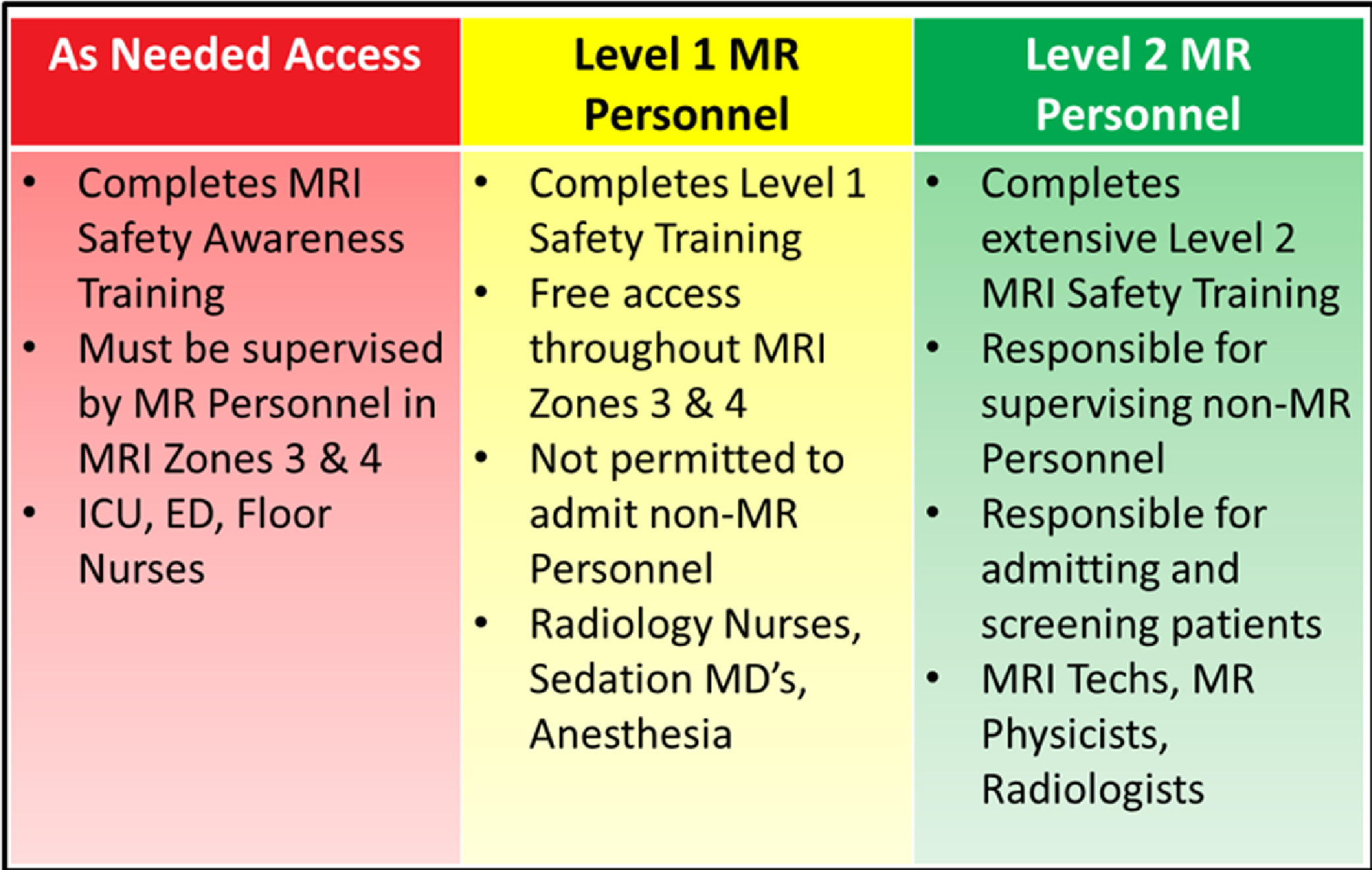How one large hospital slashed adverse MRI events with the help of a dedicated safety officer
Magnetic resonance imaging-related adverse events are well-known problems increasing across radiology departments in the U.S. But one large hospital has found success filling a new position to oversee and prevent these accidents.
Children’s Healthcare of Atlanta saw its MRI volumes surpass 25,000 scans in 2017, leading to a corresponding spike in safety events, researchers detailed June 6 in Current Problems in Diagnostic Radiology. And while a pediatric radiologist and MRI physicist oversaw safety events for its nine scanners, the safety officer role was left unfilled.
“Given the number of events and potential for life-threatening or fatal outcomes, and the numerous deficiencies reported by an independent auditor, this staffing request and additional investments in safety equipment were approved,” Julie Johnson, BS, a radiologic technologist at Children’s Healthcare of Atlanta’s Egleston Campus, and colleagues wrote.
An MRI technologist applied to the role and completed Magnetic Resonance Safety certification in 2018. The organization assigned staff members to MRI safety tech roles charged with monitoring different zones to help screen patients. MRI team members started weekly safety huddles to discuss accidents and follow-up processes to create a culture of transparency and accountability, the authors noted.

Additionally, the new safety officer worked to train staff and implement mandatory online education classes. As a result, the system increased the number of employees trained on MRI safety from 900 in 2018 to more than 3,000 a year later.
The MRI safety officer also developed a manual outlining all definitions, policies and procedures, and acts as a designated resource to support MR staff in their daily work. What was originally a 10-page booklet has turned into a 100-page manual, Johnson et al. explained.
Investments made into MRI safety, paired with this newly filled position, have decreased adverse events from more than 25 in 2017 to below 10 in 2019, the researchers reported.
MRI safety hazards are common, yet many radiology practices haven’t implemented the safety measures needed to prevent adverse events, the authors added.
“We hope to maintain and further improve MRI safety through further refinements moving forward,” they concluded.
Read the entire case study here.

